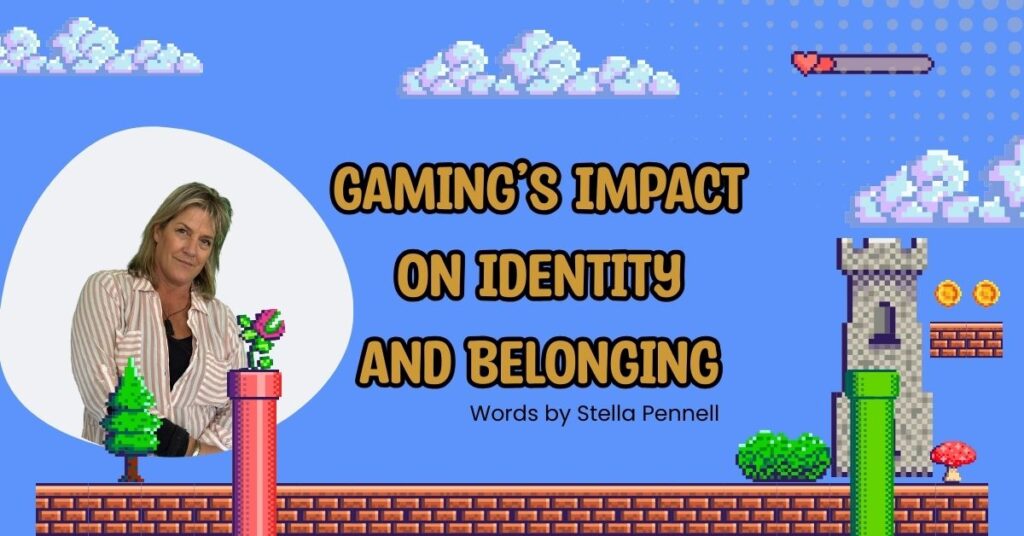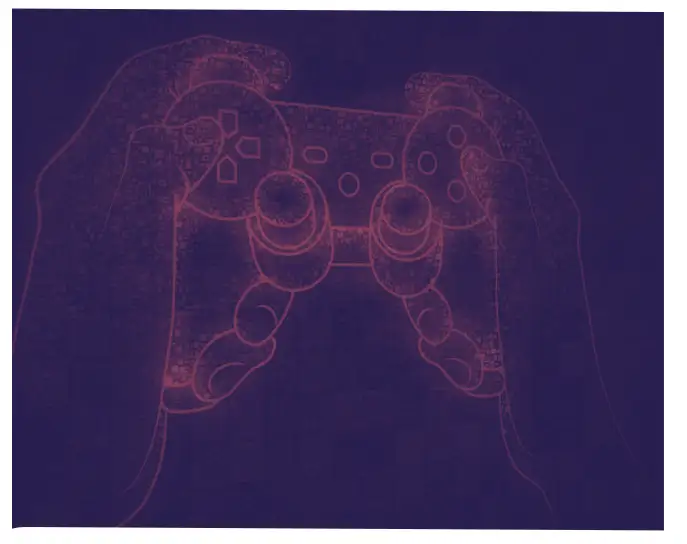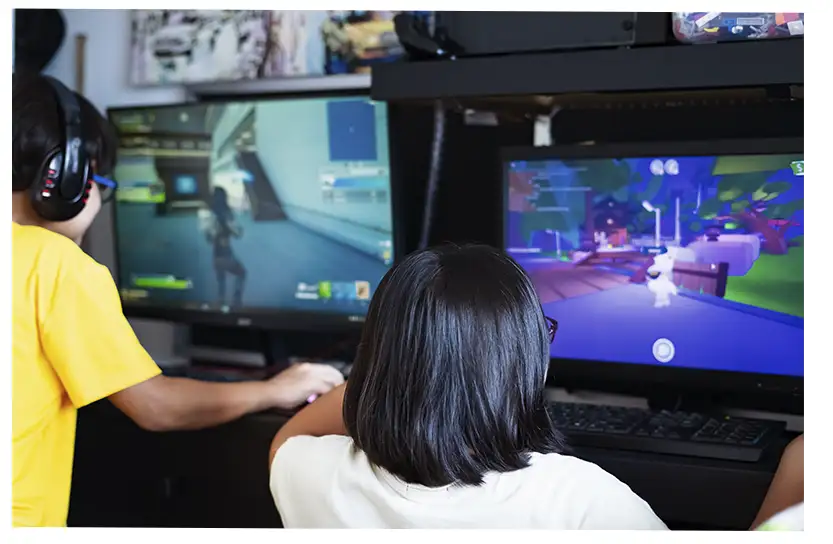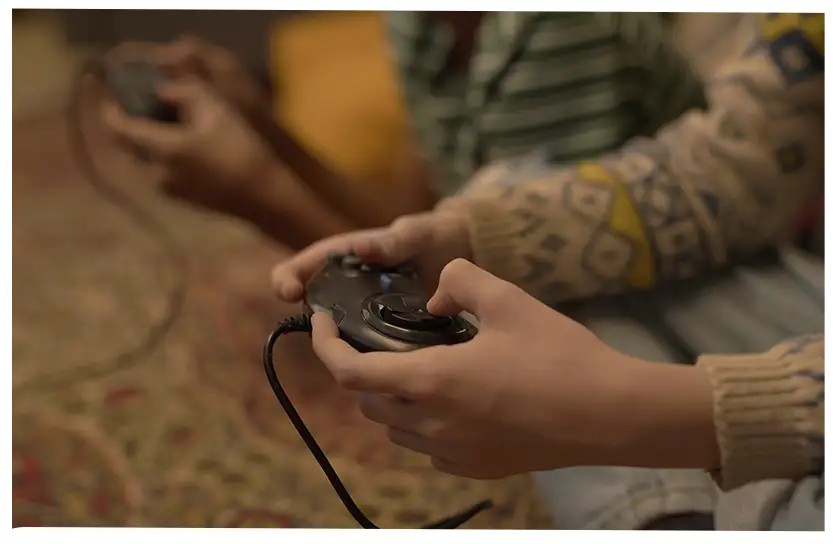
Beyond the Click Series – Inclusion or Isolation?
Gaming isn’t just for teenagers – it’s a cultural phenomenon for millions of people around the world, including a lot of adults. It’s more than just a way to pass the time; gaming lets people explore different identities, build skills and connect with others. It’s also been demonstrated to have a wide-ranging impact on well-being, from improving thinking skills, helping with pain management, improving social connections, relieving stress and helping players keep their minds active. But just like other parts of the digital world, gaming isn’t free from problems. There are still big issues around who gets to feel included, who gets left out, and how much time spent gaming is actually healthy.

Gaming encourages personalisation by the use of avatars, or digitised characters. You can choose your avatar’s gender, ethnicity, hairstyle and even personality traits.
Some people create avatars that look like them in real life, while others might choose characters that are totally different, like a brave warrior or a sneaky wizard.
This ability to experiment can help players explore different sides of themselves. Research shows that people who create avatars of different genders or ethnicities often become more aware of discrimination and more understanding of people’s differences.
But even with all this creativity, the actual game content often uses outdated and damaging stereotypes – hyper-masculine heroes and female characters who are highly sexualised or need to be ‘rescued’. These stereotypes send a message that only certain types of people belong in these stories, or worse, that they reflect ‘real’ life. Additionally, LGBTQIA+ characters are also missing from most games. When they do appear, they’re often shown in problematic ways, overly stereotyped or treated as a joke.

The reason for this often comes down to who’s making the games. Game developers are predominantly white, middle-class males (although this is changing), and people tend to create characters and stories based on what they know. This doesn’t mean developers are trying to be unfair, but it does mean there’s often a narrow view of who ‘belongs’ in these games.
But that’s not the only issue with gaming. There’s also the problem of spending too much time playing games, which can lead to social isolation. Games that focus on solo play can sometimes make it easy to get lost in digital worlds and ignore what’s happening around you. For some, gaming can become a way to avoid dealing with personal problems or difficult social situations. Spending too much time gaming can make it harder to connect with family and friends in real life. This is especially concerning for young people, who are still developing social skills and retreat to interacting predominantly online rather than face-to-face.

Another issue is that some games have addictive elements built in, such as loot boxes – virtual items that you can buy in games, and what’s inside is a surprise.
Sometimes it’s something awesome; other times, it’s just junk. It’s a bit like gambling, a dopamine hit to keep you playing and spending money.
Games can also be really expensive. Many popular games are ‘free’ to download, but if you want to level up faster or get cool in-game items, you often have to spend real money. The addictive nature of game design is directly related to monetisation.
Bullying and harassment have also been demonstrated to be major problems in online games. Some players use the anonymity of the internet to proliferate harm. This can make gaming spaces feel unsafe or hostile, especially for women and younger players, and there is ample evidence that gaming can have adverse mental health effects when people encounter bullying.
Despite these challenges, gaming can also be a powerful tool for bringing people together and building empathy. Gaming communities can also provide a lot of support, especially for people who find it hard to connect in person. For example, many gamers share tips, discuss stories, and bond over shared experiences, building friendships which extend beyond the boundaries of the game and around the globe.
Gaming is sometimes brushed off as just a way to escape reality, but it’s so much more than that. It’s a place where real-world issues like identity, inclusion and representation come to life.
Stella Pennell is a PhD Sociologist, NZ karate champion, and a curious human being. Watch her episode on the ALTBAYS Table Talk here, and read more of her articles in Coromind here.







